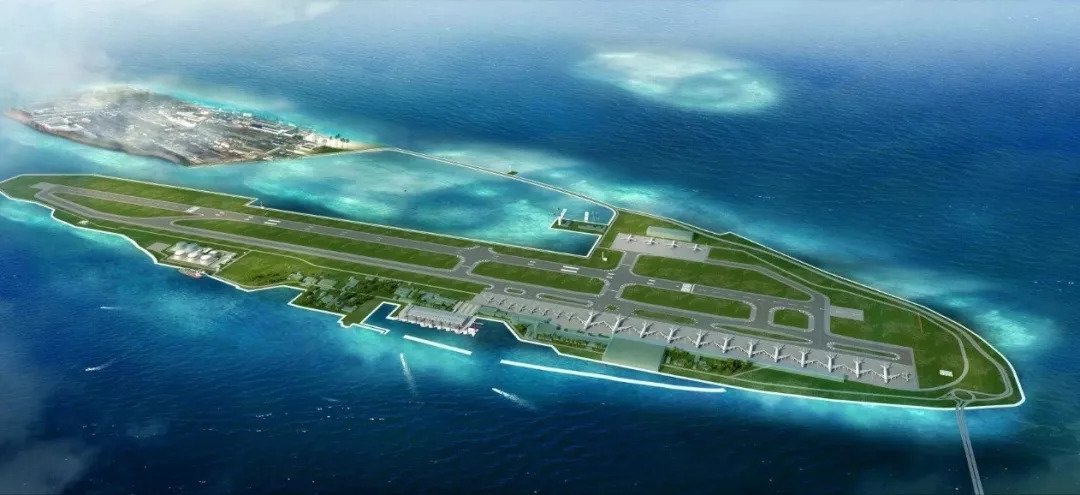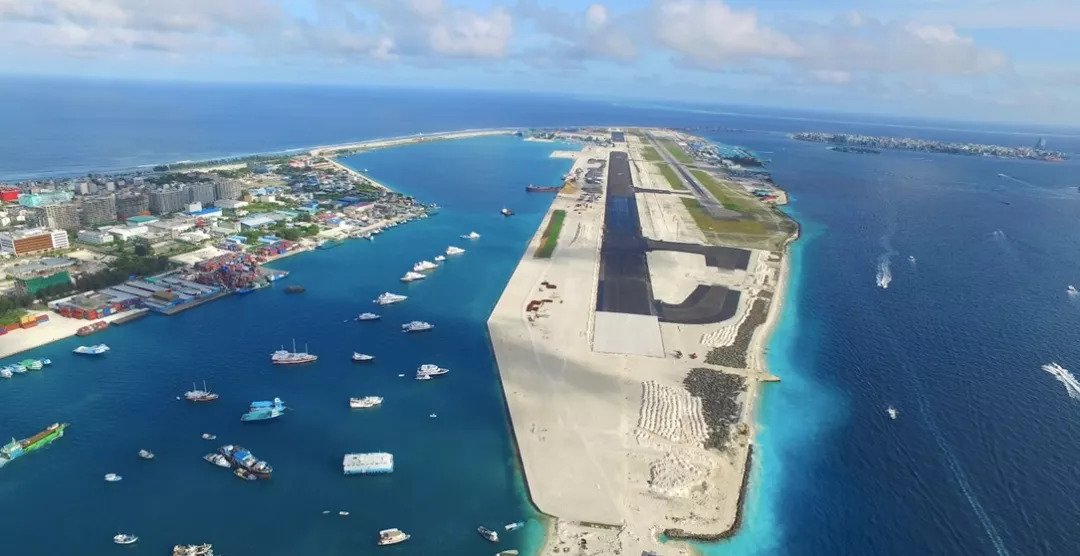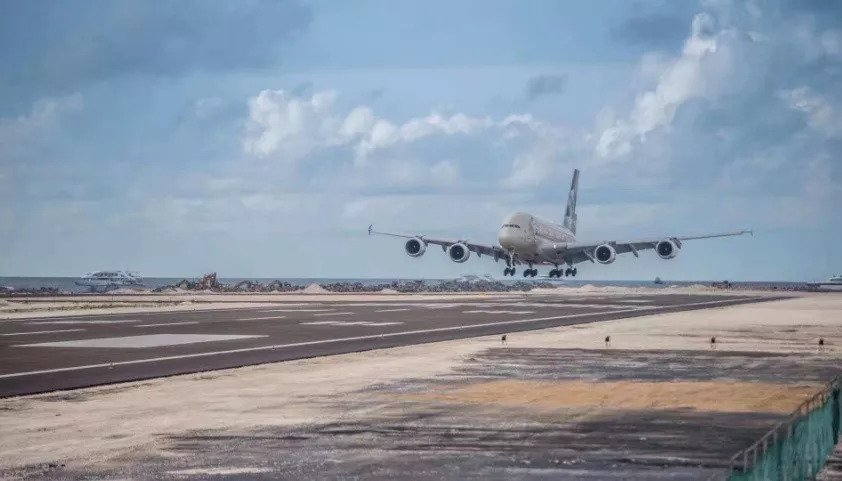It has been reported recently in Newsweek and Haaretz regarding a deal that has been struck for the management of Haifa’s port to be handled by a Chinese company, the Shanghai International Port Group. This is due to begin in 2021 and to run for 25 years.
While most of the coverage on this topic has been around the effect this may have on US naval interests in Israel, there is another issue at stake, which is that Haifa’s strategic value is such that it could well be the single largest prize of any regional peace settlement, and handing its control to the Chinese could backfire on Israel’s interests should there be a regional agreement in the next 28 years.
Israel’s unique geographic location on the east of the Mediterranean gives it a strategic advantage as a conduit of trade between the East and West. Although most of this trade currently goes through the Suez Canal, the port at Haifa allows countries of the Middle East to bypass the canal and to access the Mediterranean directly.
There are three significant benefits of this, particularly for the export of oil from the Persian Gulf to Europe and the US.
The first is that it is a more secure route than the current route around the Arabian Peninsula, where there are threats of the closure of the straits of Hurmuz near Iran, instability near Yemen and complete control of the Suez Canal by Egypt, which has only stabilised in recent years and is still fighting an insurgency in Sinai. The whole region is often embroiled in conflict, including Sudan and Eritrea which also line the Red Sea route. A pipeline from the major exporters through Jordan to Israel, can actually be a more stable and reliable route.
The second, is cost. Transit fees through the Suez Canal are steep, at around US$400,000 per ship depending on size. This provides Egypt with $5b in revenues last year alone. This fee is so steep that some struggling carriers are considering taking the long route around Africa to get to Europe when fuel costs are low, despite the additional 7000 miles of transit.
The third reason is speed. There is an additional thousand miles of transit when shipping along the Arabian Peninsula route, than if the oil was piped and loaded onto tankers in Haifa. Haifa’s port also has a natural deep harbour, making it ideal for the loading up of oil tankers, and is one of the largest in the western Mediterranean in terms of volume.
It is for these reasons that the British originally insisted on control of Palestine after the first World War, in the context of Haifa being a perfect route for oil to come from the Gulf to Britain, and similarly it is likely to be the reason for the current interest of the Chinese, to secure their maritime trade routes to and from Europe, should there be problems with the Suez Canal. This is part of a larger strategy of insuring the Maritime Belt of the new Silk Roads.
In fact Haifa as a logical choice from which to export was historically understood and adopted by the main exporters of oil in the region. Iran had a pipeline to Haifa, which was discontinued when the Islamic Revolution took place in 1979, as did Iraq from the oilfields in Kirkuk from 1935 until 1948, when Israel was formed. Saudi Arabia also intended the Trans Arabian pipeline to go through to Haifa but upon the formation of Israel, chose the inconvenience of piping north through Syria and Lebanon. This was a disadvantage as the route needed to travel through another country – Syria, which was aligned with the Russians, a competitor of Saudi oil and also another set of pipeline transit fees. This was later discontinued over squabbles over precisely these fees. One analyst reportedly said that had the pipeline gone to Haifa it would have saved 40% on transportation cost over shipping through Suez to Europe, a staggering amount of savings for an operation as large as the oil industry. What comes out from all this that Haifa is actually the natural port of export for the oil of the Middle East, and only due to the political situation that this potential is not actualized.
If there was a regional arrangement between one or more of the major exporters, such as already exists with Egypt and Jordan, Haifa would once again take up its important strategic role, which would then translate to large revenues from transit fees and other port related fees involved in the loading of the oil tankers. Considering that Haifa is naturally placed to be the link between the Persian Gulf’s oil and the western markets of Europe and the Unites States, this could even be the largest economic prize of a regional arrangement, for all sides.
Although a regional peace arrangement may not look imminent, with such a long term agreement for the Chinese company to manage the port – up until 2046, Israel would be wise to consider its long term interests and make sure that they are not selling themselves short.



